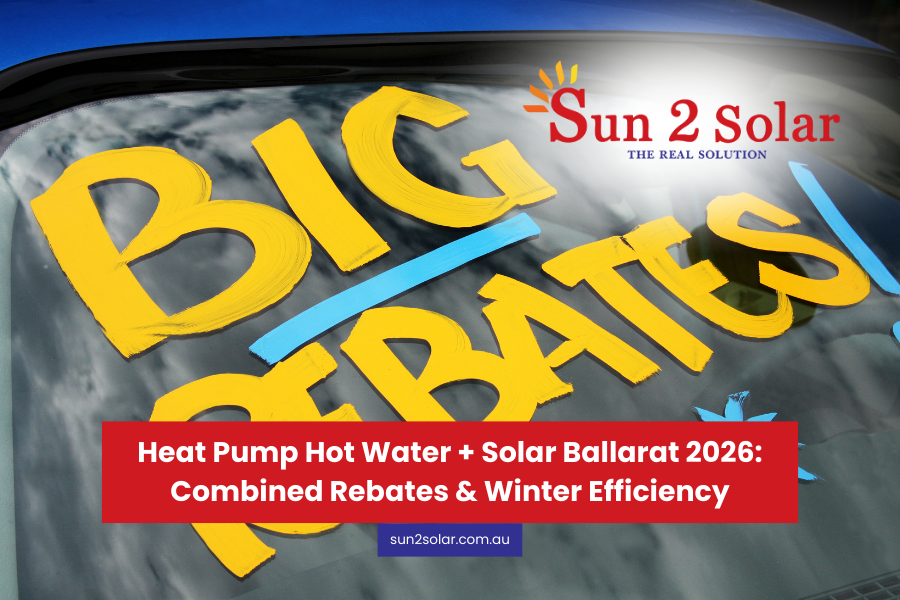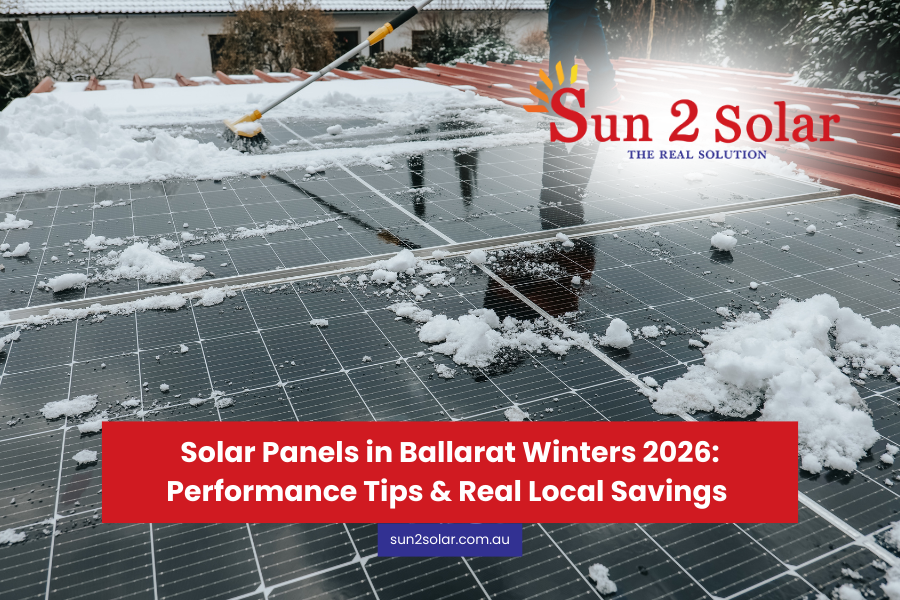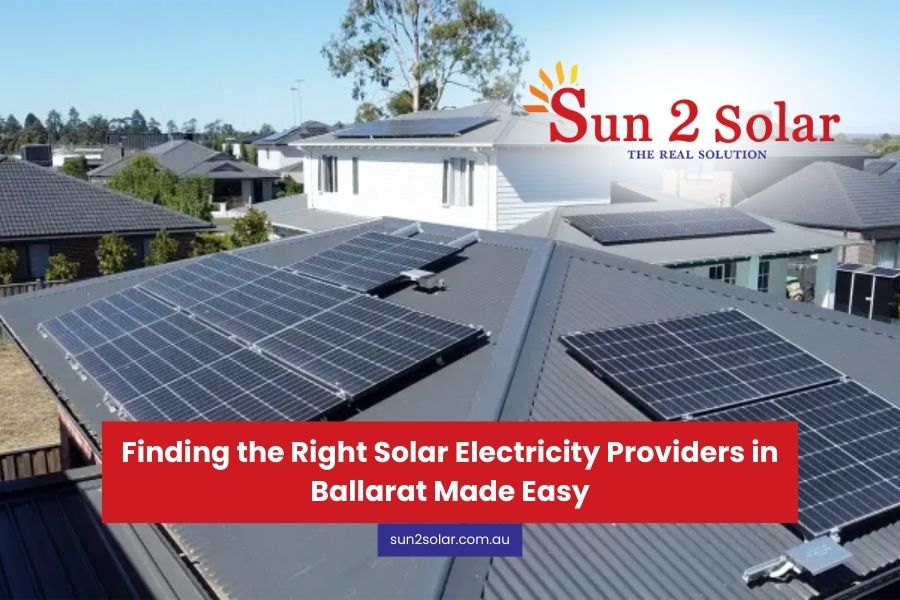The best decision that an Australian household can make is to go solar. It assists in the minimization of energy expenses, decreases the use of fossil fuels, and contributes to a cleaner environment. Due to the high amount of sunlight in Australia, having solar panels is one of the best options that households can install to obtain inexpensive renewable energy sources and live more sustainably.
You may want to know how do solar panels work before making a decision. They absorb the sunlight and convert it into electricity using photovoltaic cells. The fact that you can run your house directly on electricity or that you can store the electricity in a solar battery and use it later. This knowledge of solar energy will help you decide the correct solar system.
When sunlight is converted to energy, it is called solar power. The sun releases energy in minute particles known as photons. These photons are collected by solar panels and converted into solar electricity. You can then use this electricity to power your lights, appliances and other gadgets.
For households, solar power means using less fossil fuel, lowering power bills, and helping create a cleaner future for everyone.
The working of a solar panel happens in three main steps.
The solar panels receive sunlight on the photovoltaic (PV) cells first. Such cells are usually silicon-based. The photons push the electrons around when sunlight hits them and this creates an electric current. This electricity is referred to as direct current (DC) electricity.
The DC electricity is then passed over to an inverter. Households in Australia are powered by alternating current (AC). The task of the inverter is to convert the DC into AC, therefore, you can use it to power up your home appliances.
The system works smoothly. The sunlight is captured by panels, converted into usable power by the inverter and then the electricity powers your home. With a battery you get more stored power later. Also, by night you use stored power or electric grid power.
The solar power process is quick and simple. Sunlight falls on your solar panels. The panels make DC electricity. The inverter changes this into AC electricity. Your home uses this power right away. Any extra energy is sent to the grid or kept in a battery.
This process happens all day while the sun is shining, giving you free, clean energy whenever it’s available. This process happens all day while the sun is shining, giving you free, clean energy whenever it’s available.
Solar energy is best suited to Australia because it is one of the sunniest nations in the world. As the cost of power increases, the number of families opting to install solar panels is on the rise to reduce the size of their bills. Most houses even produce more energy than they consume during the day.
The benefits are big. Solar lowers your bills, reduces carbon emissions, and helps the planet. On top of that, the government offers rebates and feed-in tariffs to make the change to solar more affordable.
When thinking about solar in Ballarat or anywhere in Australia, keep these things in mind. Our sunny climate means solar panels produce plenty of energy. The Small-scale Renewable Energy Scheme (SRES) offers rebates that lower the cost of getting started. And feed-in tariffs pay you for extra power you send back to the grid.
Now that you know how solar panels work, you can see why more Australians are choosing them. Solar energy translates to reduced bills, the ability to have more control over your energy, and a healthier future.
👉 Contact Sun 2 Solar now for a free, no-obligation solar check in Ballarat. Let’s power your home with clean, affordable energy.




